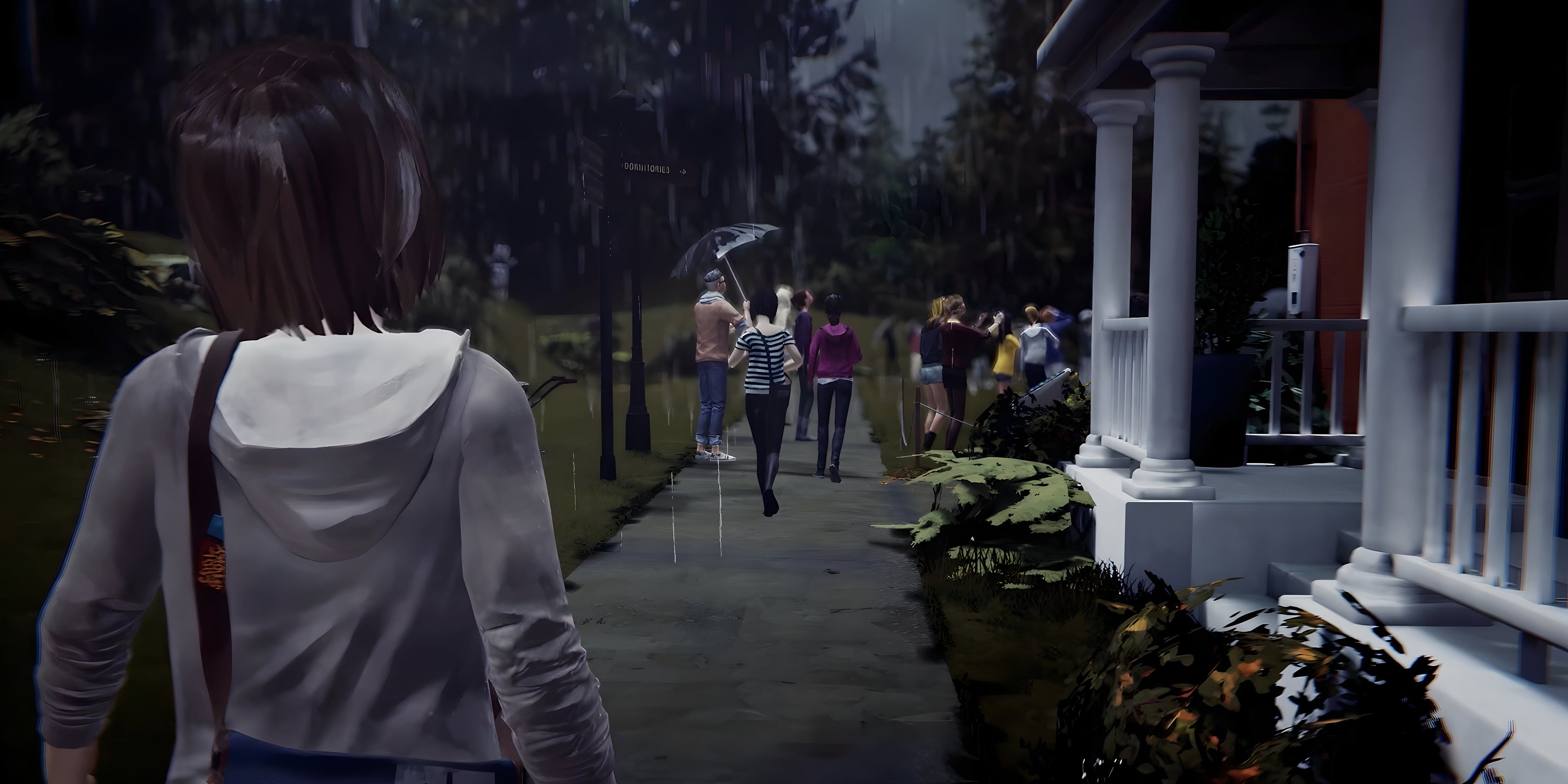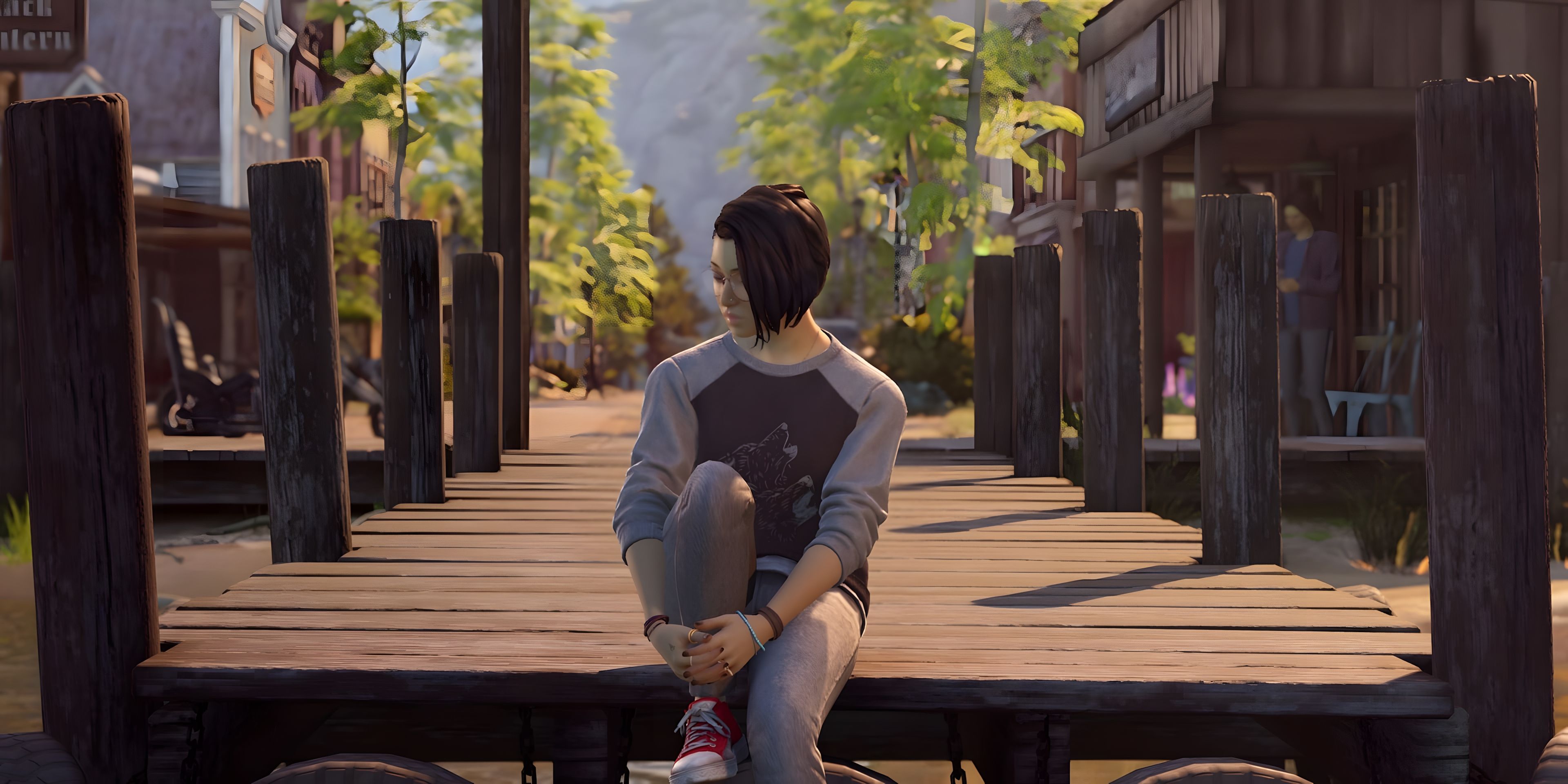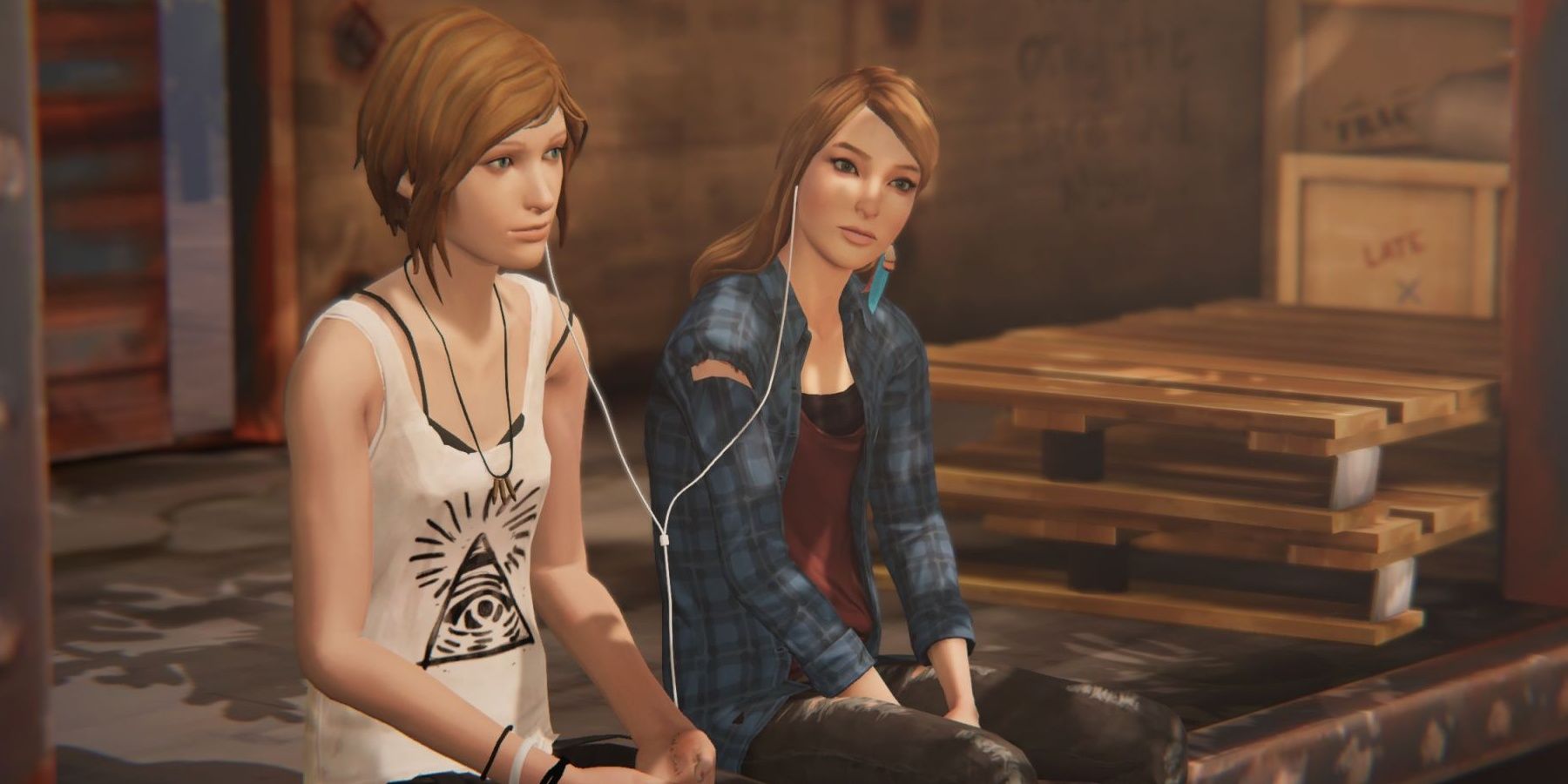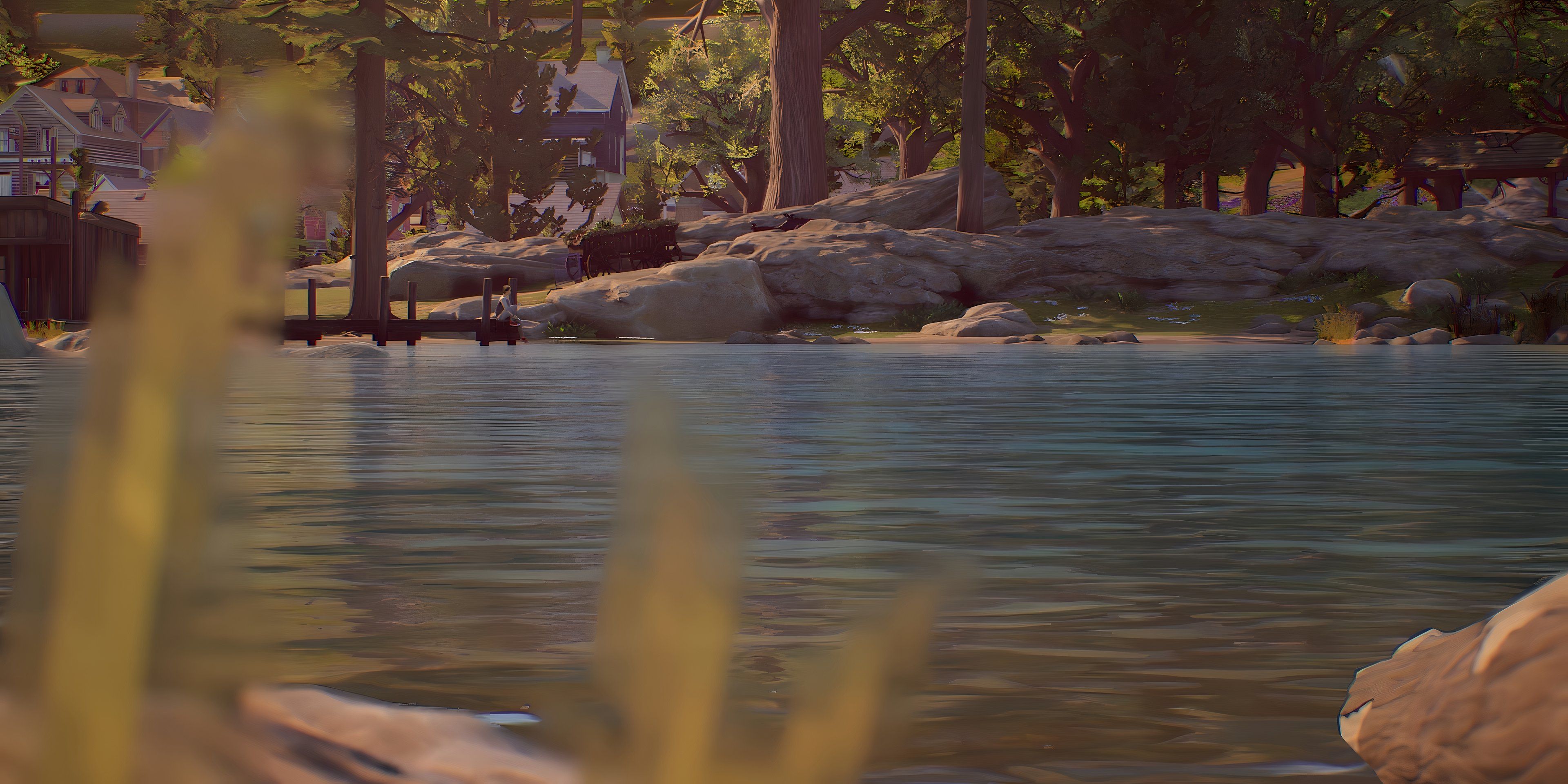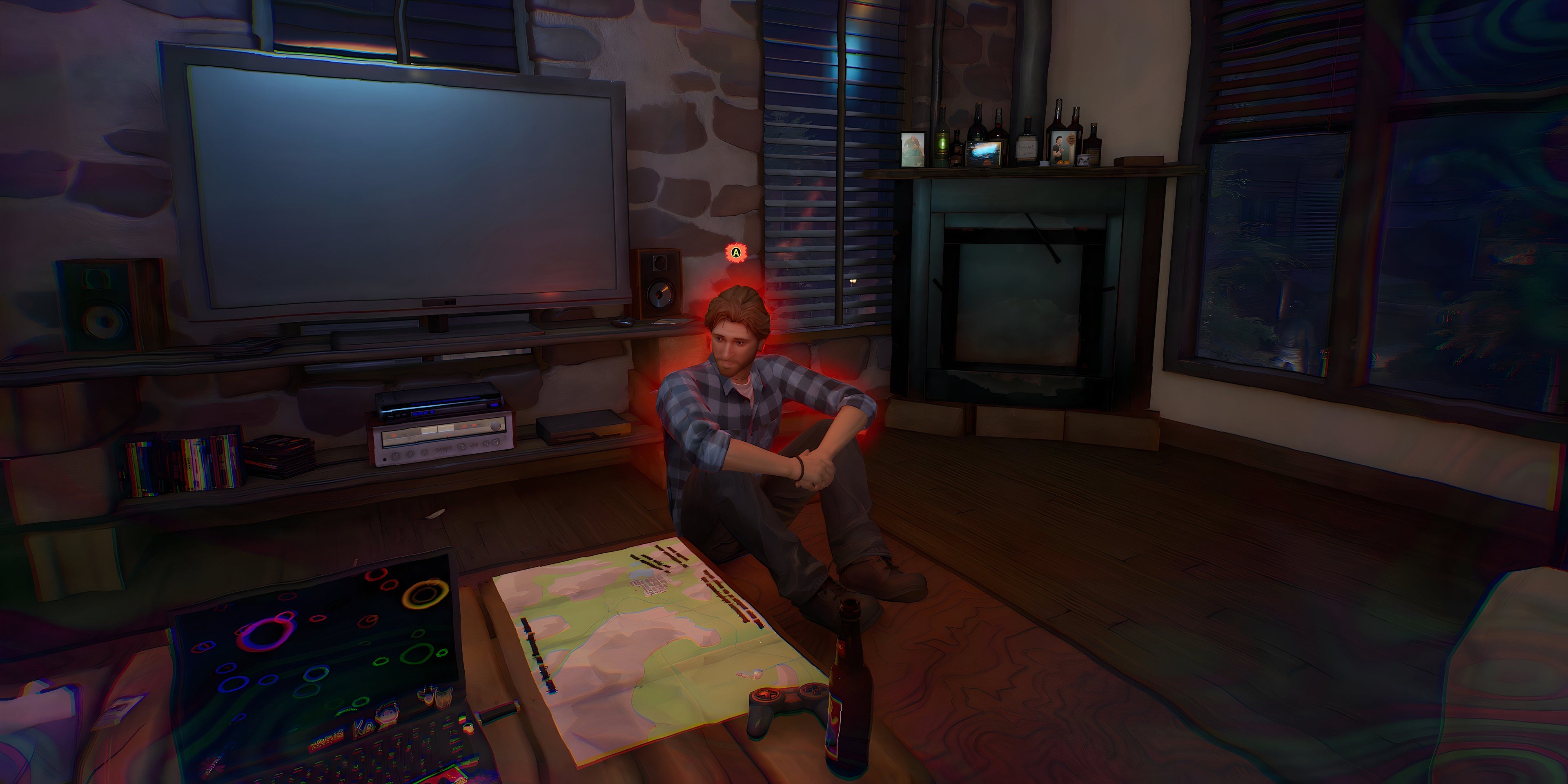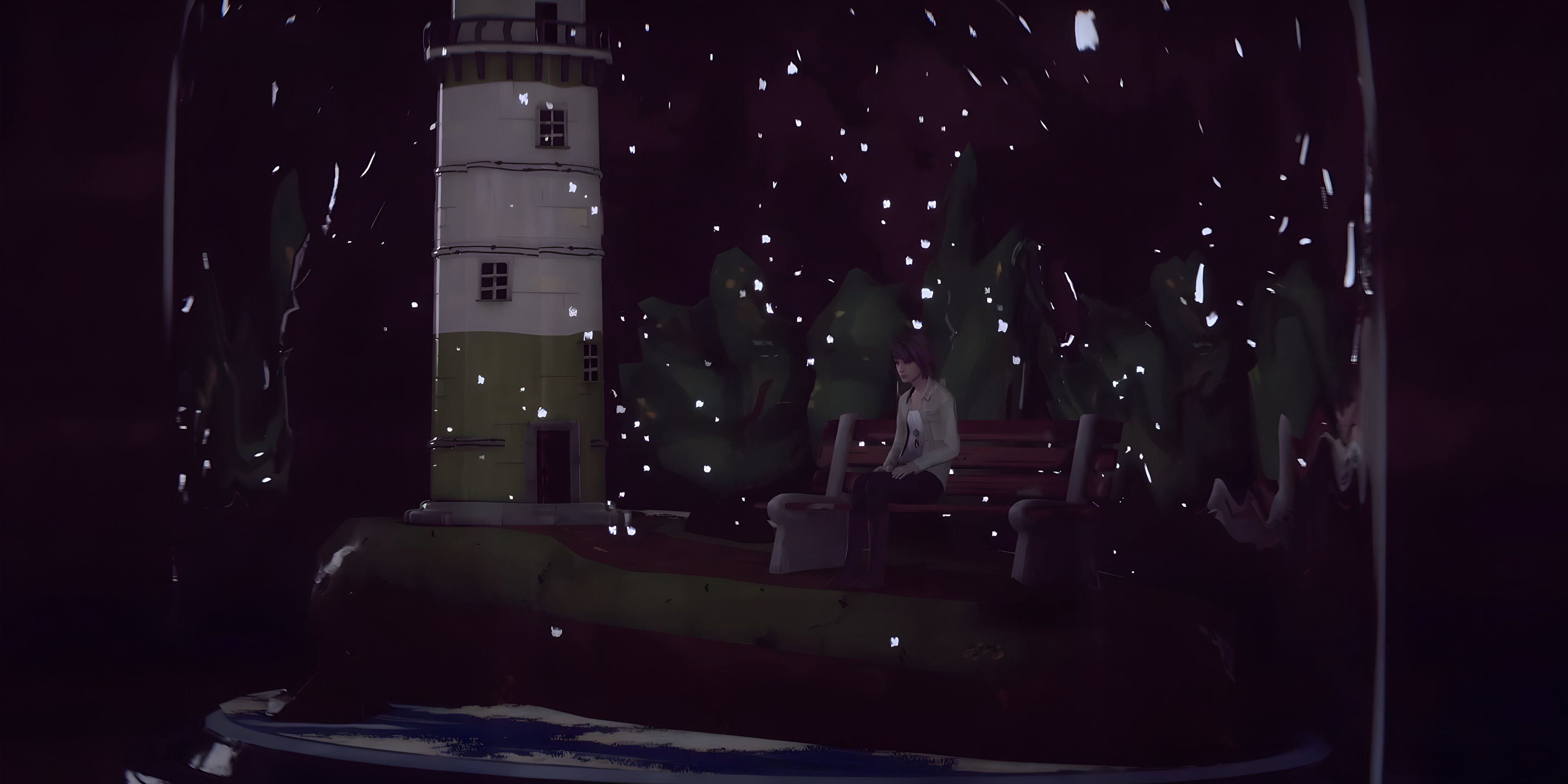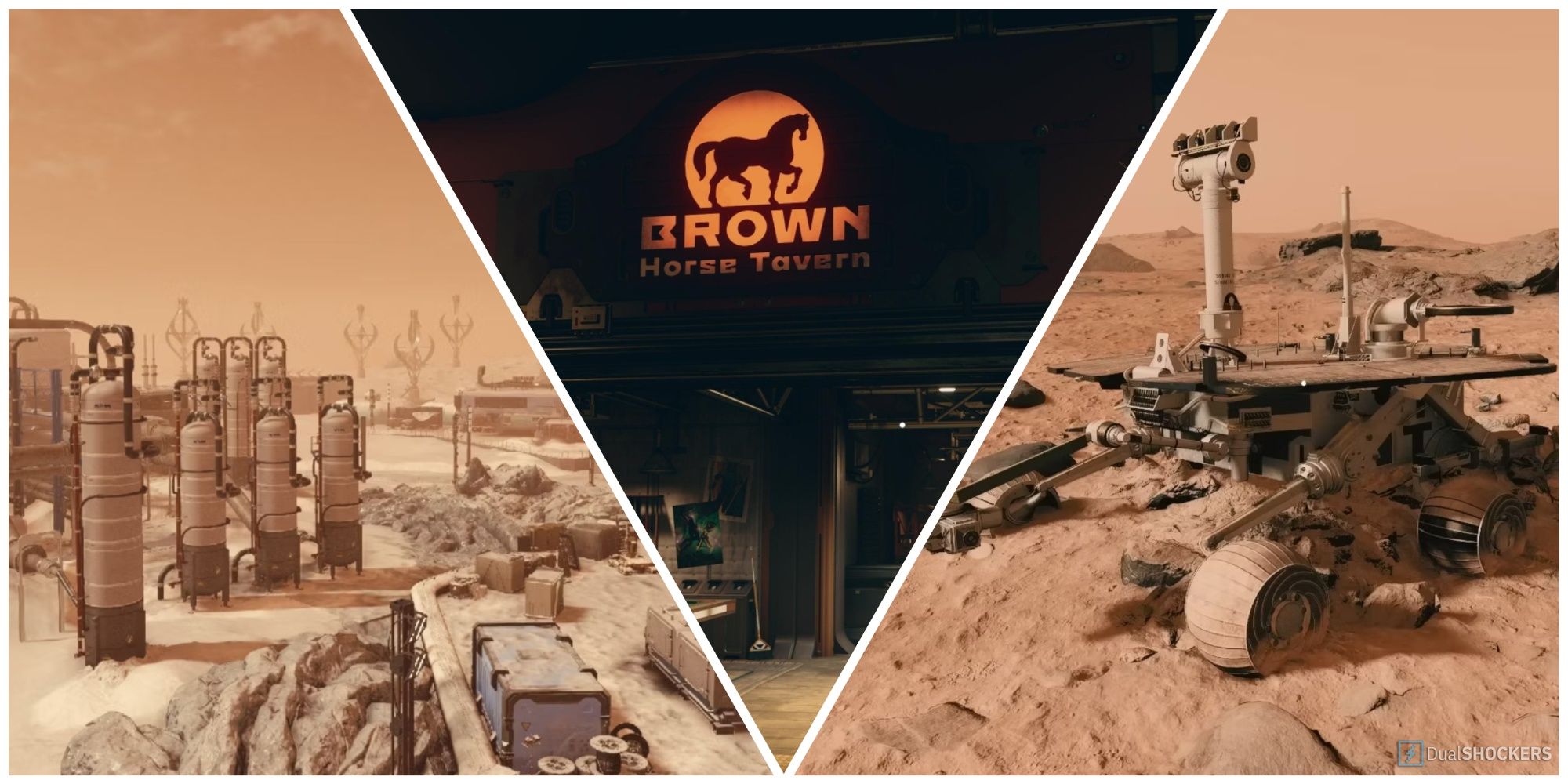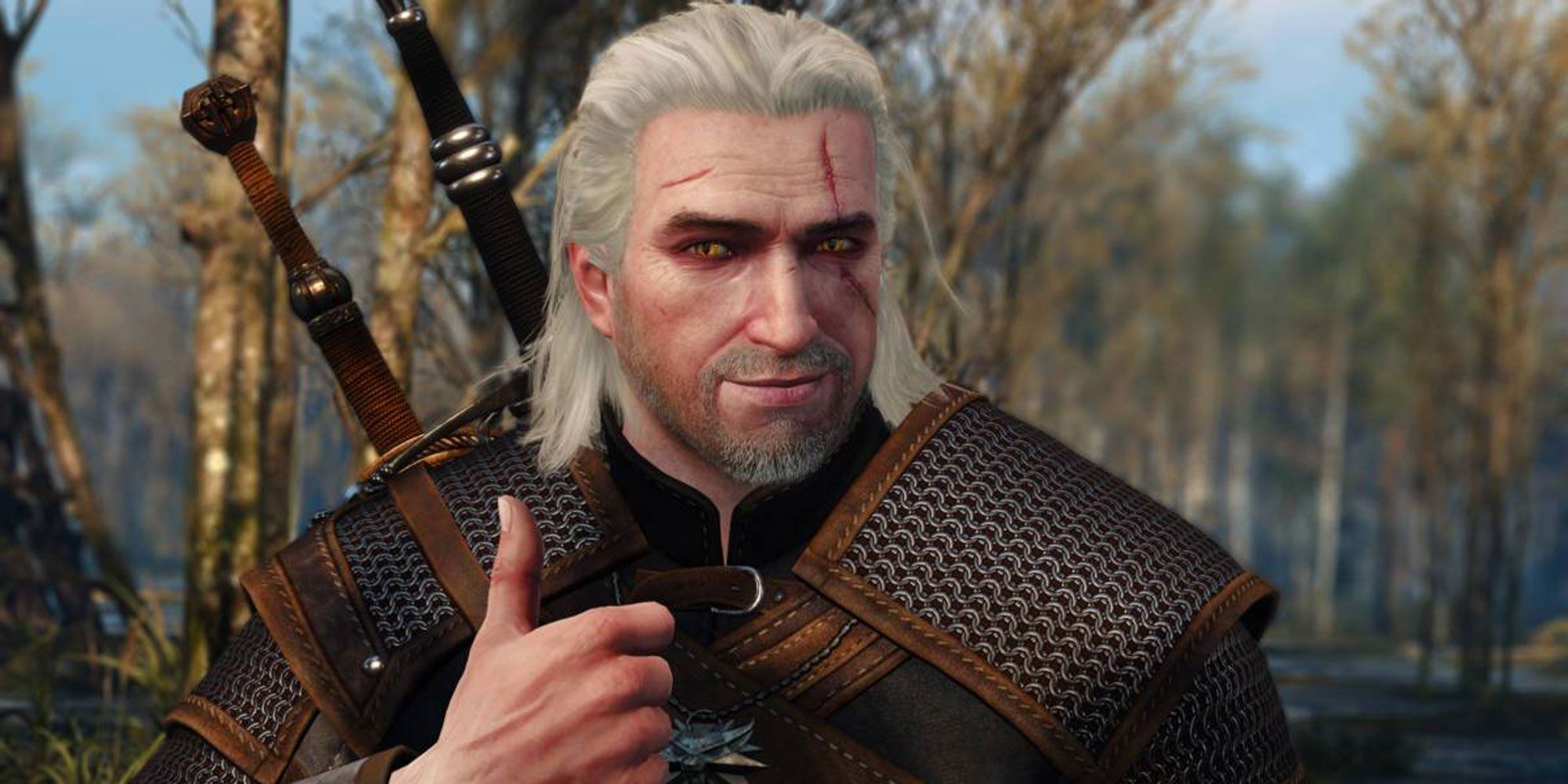Highlights
- The emotional depth and representation in Life Is Strange resonate with queer gamers, but internal studio problems raise concerns.
- Supporting developers pushing for positive change within the industry can help navigate tensions between loving games and demanding accountability.
I’m usually excited about a new Life Is Strange installment, but my feelings are more complex now. Deck Nine, the studio behind the recent entries, has been a source of joy with their heartfelt storytelling and diverse representation. Yet, the news about internal issues within the company (via IGN’s Rebekah Valentine) has cast a shadow over my anticipations, making me question how to navigate my support for their work during Pride Month and beyond.
Life Is Complicated
Pride Month is a time to celebrate progress, visibility, and community, but it’s also a time to reflect on the challenges that still exist. When a company like Deck Nine is accused of racism or homophobia, it becomes a dilemma for fans who value inclusivity and social justice. How do we support the games we love while holding the creators accountable for their actions? This question has been particularly pressing in 2024, a year when conversations about corporate responsibility and genuine inclusivity are more prominent than ever.
Rebekah’s investigation brought up some allegations:
“But as weeks went by, management remained silent and staff unrest grew. This wasn’t the first time executives had failed to act when marginalized individuals at the studio felt unsafe. According to over a dozen current and former employees across several departments, most of whom spoke to me on condition of anonymity for fear of reprisal, Deck Nine’s management has long let a toxic work culture fester at the studio.”
Deck Nine has created some of my favorite gaming experiences, and the thought of abandoning their work is difficult. I appreciate the strong female characters and the thoughtful representation of queer relationships in their games. This connection to their stories makes the recent controversies even more disheartening.
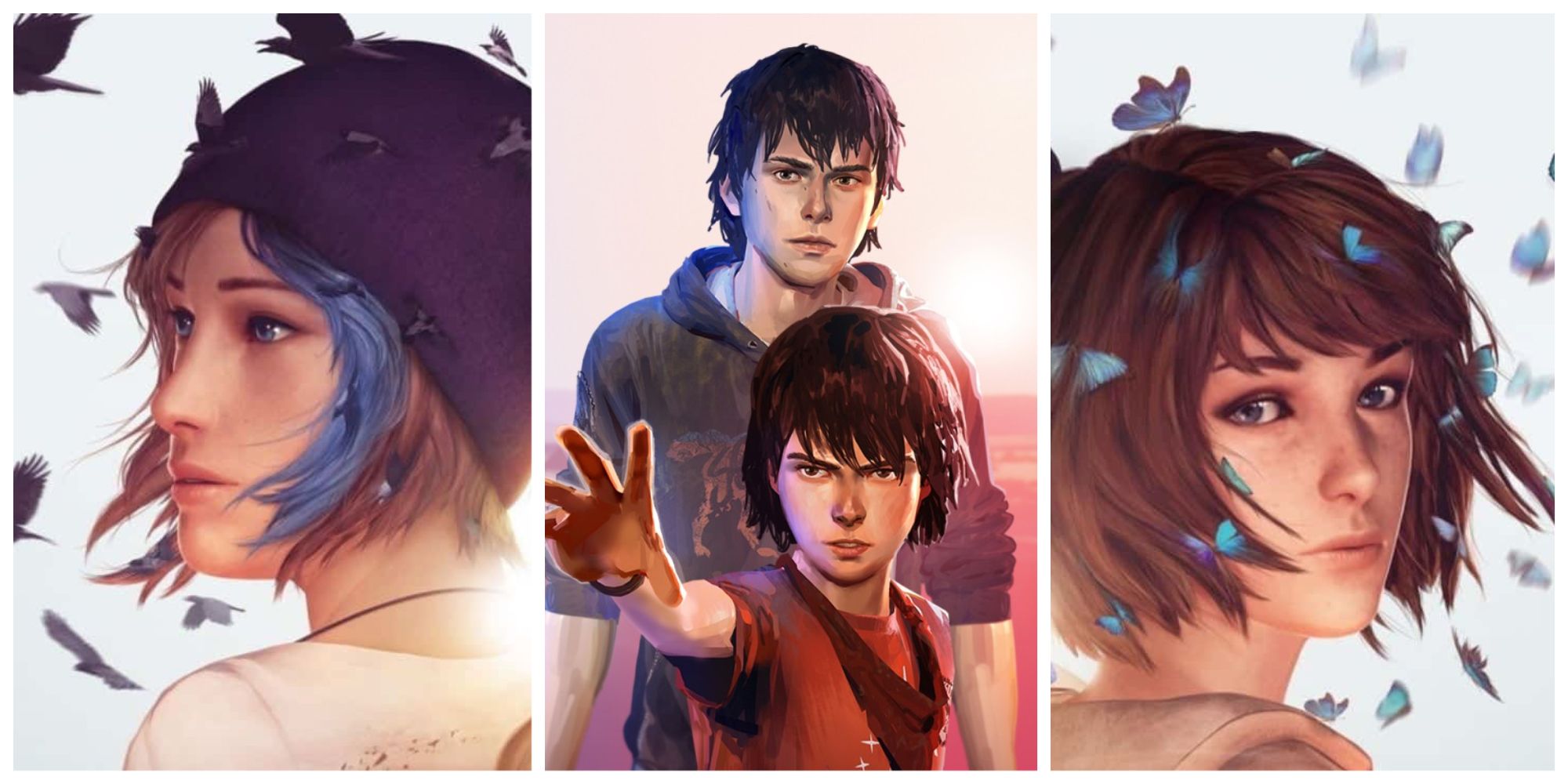
What Order Should You Play Life Is Strange?
Are you confused because of prequels, sequels, and unnumbered titles? Here is the best order to play the installments of Life is Strange.
Strange Balancing Act
In deciding whether to support the next Life Is Strange game, I find myself weighing the actions of the company against the passion and dedication of the developers. It’s a delicate balance between holding the company accountable and supporting the creative individuals whose work I admire. As a consumer, my support can take many forms. I can choose to buy the game, voice my concerns, and advocate for change. I can also engage with and support the community of fans and developers who are committed to making the gaming industry more inclusive.
The first Life Is Strange game introduced me to Max Caulfield, a young woman navigating high school with the power to rewind time. It wasn’t just the supernatural element that drew me in, but the deeply human connections and the game’s willingness to tackle difficult topics like bullying, mental health, and loss. The emotional journey and the representation of LGBTQ+ relationships, particularly between Max and Chloe, felt groundbreaking.
When Deck Nine took over the series, they continued this legacy with Life Is Strange: Before the Storm and Life Is Strange: True Colors. These games delve into the complexities of identity, trauma, and resilience. Before the Storm gave us Chloe’s backstory, shedding light on her struggles and the powerful bond she shared with Rachel Amber. True Colors introduced us to Alex Chen, a young woman with the ability to feel and manipulate emotions, providing a fresh and nuanced perspective on empathy and connection.
These games resonated with me on a personal level. As a queer person, seeing characters who reflected aspects of my own identity and experiences was both affirming and empowering. The games didn’t shy away from depicting the struggles and joys of queer life, and they did so with sensitivity and depth. The characters felt real, their journeys authentic, and their stories meaningful.
Queer and Here
However, the reports of internal issues at Deck Nine have left me feeling conflicted. Allegations of racism, homophobia, and a toxic work environment have surfaced, painting a troubling picture of the company behind the games I love. These revelations are particularly painful because they come from within a studio that has been celebrated for its inclusive storytelling and progressive values.
Rebekah mentions: “Alongside complaints of low pay, difficulty getting promotions, and the aforementioned crunch, many people I spoke to expressed frustration that management allowed numerous instances of toxic behavior to go unaddressed for months on end. These included a number of specific accounts of sexual harassment, bullying, transphobia, and otherwise toxic work culture that multiple individuals corroborated. In just one example, multiple people remembered a senior programmer who frequently made sexist remarks and crude “jokes” with both racial and sexual overtones.”
As a queer gamer, this news hits close to home. It raises difficult questions about how to support a company that may not be living up to the ideals it portrays in its games. Can I separate the art from the artist? Should I continue to support the Life Is Strange series, knowing that there may be serious issues behind the scenes?
In 2024, the conversation around corporate responsibility and inclusivity is more critical than ever. Companies are being held accountable for their actions, and consumers are demanding transparency and change. For fans of Deck Nine and the Life Is Strange series, this means grappling with the tension between loving the games and wanting to see the studio address its internal problems.

“We Need To Pull Every Lever We Have” – Insomniac’s Narrative Director Discusses Lack Of LGBTQ Content in Video Games
We talked to Mary Kenney, associate narrative director at Insomniac Games about the lack of LGBTQ representation in gaming.
One way to navigate this tension is to focus on the individuals who make the games. The developers, writers, artists, and other creative professionals are often the driving force behind the inclusive and diverse content we appreciate. Many of these individuals are committed to creating positive change within the industry, even when faced with institutional challenges. Supporting their work and advocating for their rights can be a powerful way to show solidarity and push for progress.
Part of Rebekah’s investigation that helped add nuance to my struggle was when she wrote about what the people behind the scenes had said.
“As Littleton put it, the team hoped they could work to build Deck Nine into a “home for people like us.”
“Queer or trans or women of color or just writers of color, folks who are not typically comfortable, able to be at home in the games industry just because of the way that it is […] we managed to reshape the story into something that we liked and cared about and really, genuinely believe in. I think our upcoming game is a really good game, and we built this incredible, diverse team of writers who are very, very good at their jobs, but on top of that extremely good to one another. It was such a supportive, open, honest place to work.”
Deck Nine has acknowledged the need for change and has promised to address the issues raised. This is a crucial step, but it’s important to remain vigilant and hold them accountable for their commitments. As fans, we can use our voices to demand transparency and advocate for a safer and more inclusive work environment for all employees.
It’s also essential to support the broader community of queer gamers and developers. Engaging with fan communities, participating in discussions about representation and inclusivity, and promoting games that reflect diverse experiences can help foster a more inclusive gaming culture. By amplifying marginalized voices and supporting creators who are making a difference, we can contribute to positive change in the industry.
Hope and Caution
My love for the Life Is Strange series remains strong, but it’s tempered by a cautious optimism. I hope that Deck Nine will follow through on their promises and that the next game will continue to deliver the powerful, inclusive storytelling that has made the series so special. In the meantime, I will continue to support the people behind the games and advocate for a more inclusive and just industry.
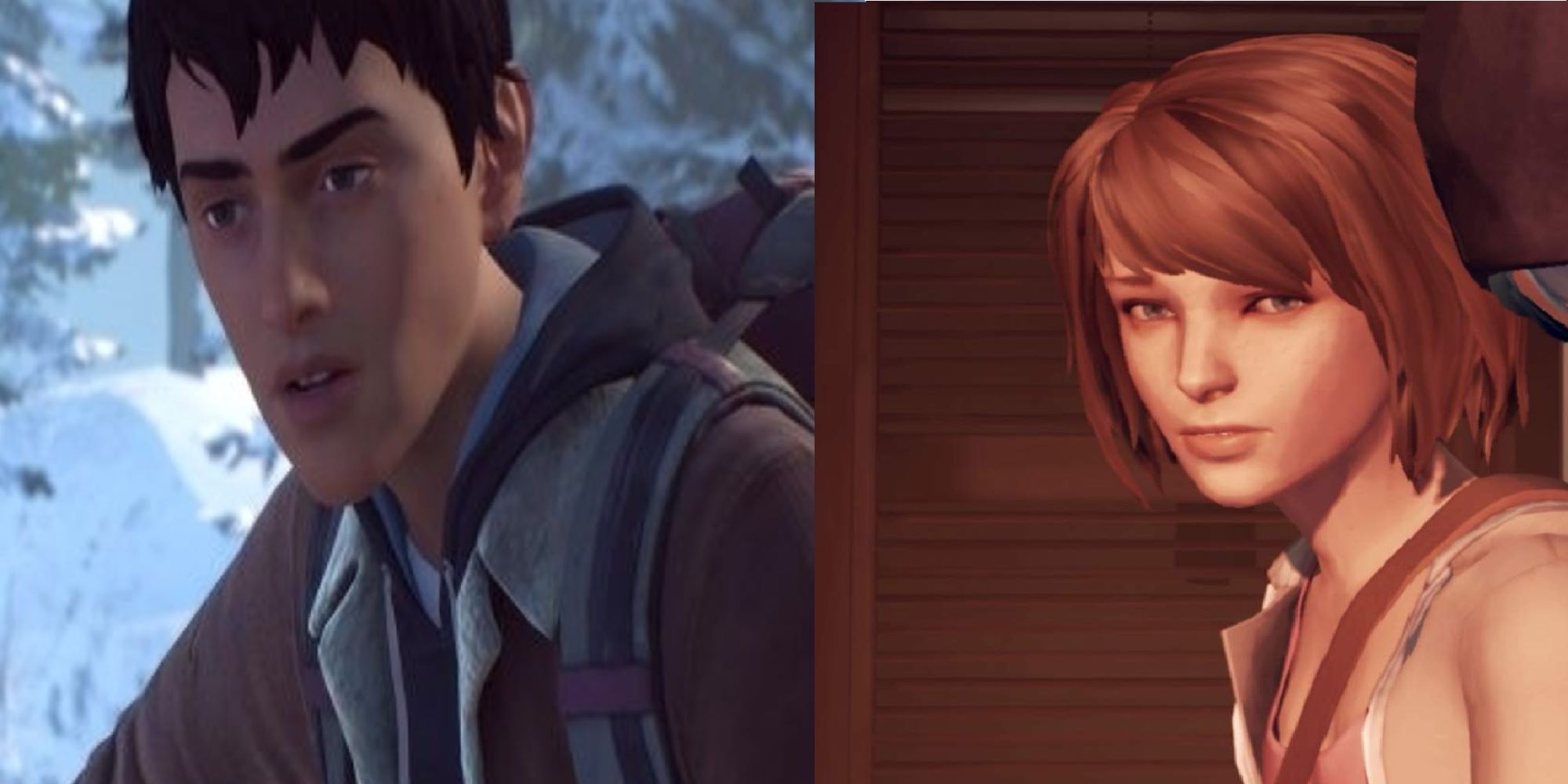
Life Is Strange: 10 Best Characters In The Series, Ranked
Life is strange, but these great characters make it all that much easier to handle.

